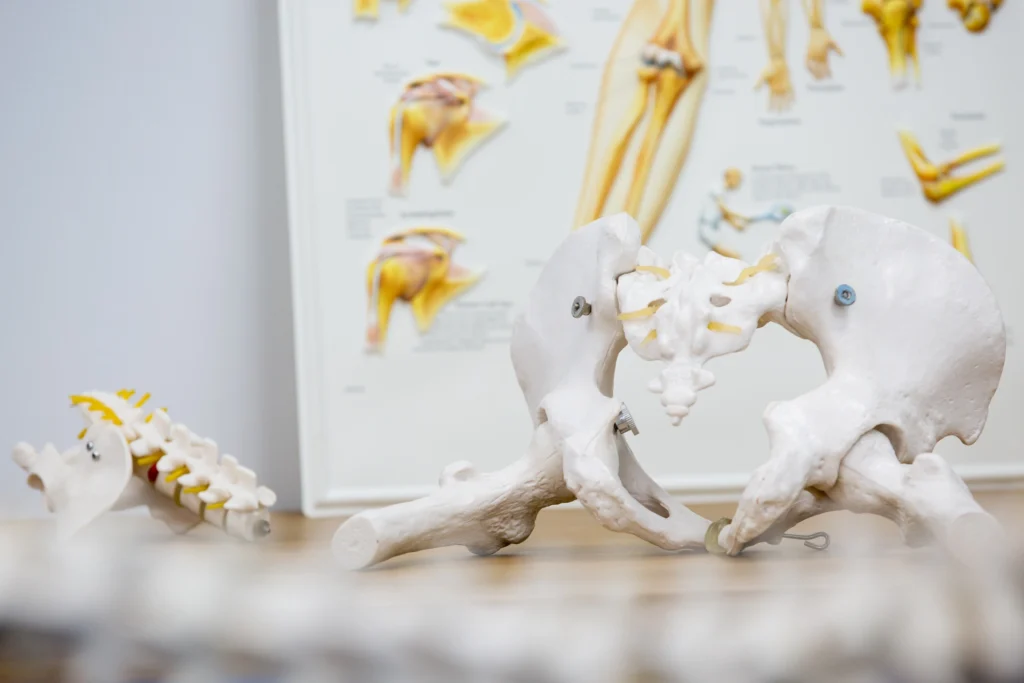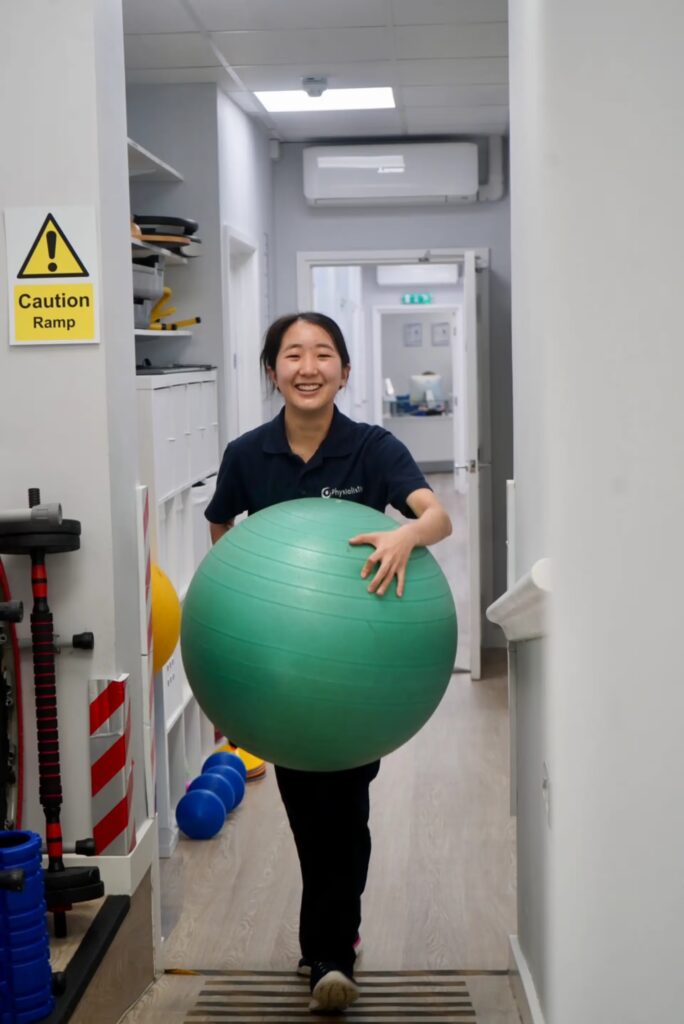
Available in all 3 clinics (Henley, Reading and Windsor)

Here at Physiolistic our women’s health specialist physio, is trained and has a breadth of experience to support this unique speciality which involves treatment of pain and dysfunction related to gynaecological or pelvic floor issues. She treats women of all ages who may suffer from women’s health related symptoms. These can include pelvic floor weakness, urinary or bowel incontinence, pregnancy related pelvic or back pain (pre-natal and post-natal), rectus diastasis (abdominal muscle separation) post-natal, and pain and dysfunction following obstetric and gynaecological surgery.
Some women may have been putting up with these kinds of problems for years before seeking advice. For example, a third of women suffer from some sort of incontinence (leaking bladder) and some will go their entire lives without addressing the problem. Many assume that this is “normal”, and part of the ageing process. Although it is common, it most certainly is not normal. But it can be helped with specialist physiotherapy input.
Pregnancy is an incredible experience for many women. However, 80% of women will experience some sort of pelvic or back pain during their pregnancy. And 85% of these women will not seek treatment and accept it as “normal”. With new stresses placed on the body as the baby grows, the spine will curve, the muscles and ligaments will lengthen, and the pelvis will change shape to prepare for delivery. Although the human body is designed to withstand these changes, it is not uncommon to experience some pain and discomfort. In an ideal world, all women would see a specialist physiotherapist before and after labour in order to optimise pelvic floor function and reduce the risk of pain and complications post-natally.
Although pregnancy related issues make up a large part of the work we do, there is also a place for women’s health physiotherapy in those without such problems. For active individuals who enjoy high impact sports or exercise, (running, jumping, sprinting, weight lifting) or those with a particularly physically demanding job (with lots of pushing, pulling, lifting), a strong and healthy pelvic floor is essential. These kinds of activities place high demands on the abdominal region, and the pelvic floor muscles will absorb that force and provide support if working correctly. This can help to relieve any signs of leaking, reduce pelvic and back pain, and even reduce the risk of a prolapse.
As we know, prevention is always better than cure – and we encourage anyone with any of the above symptoms to contact us and ask for our women’s health specialist at each clinic for an assessment and for an individualised pelvic floor strengthening program.
We’re here to make it as easy as possible to get back to living pain free. We’re open 7 days a week and will have a member of our friendly team ready to support you every step of the way. Book online or give us a call to see how we can help.
Get started
Connect with us